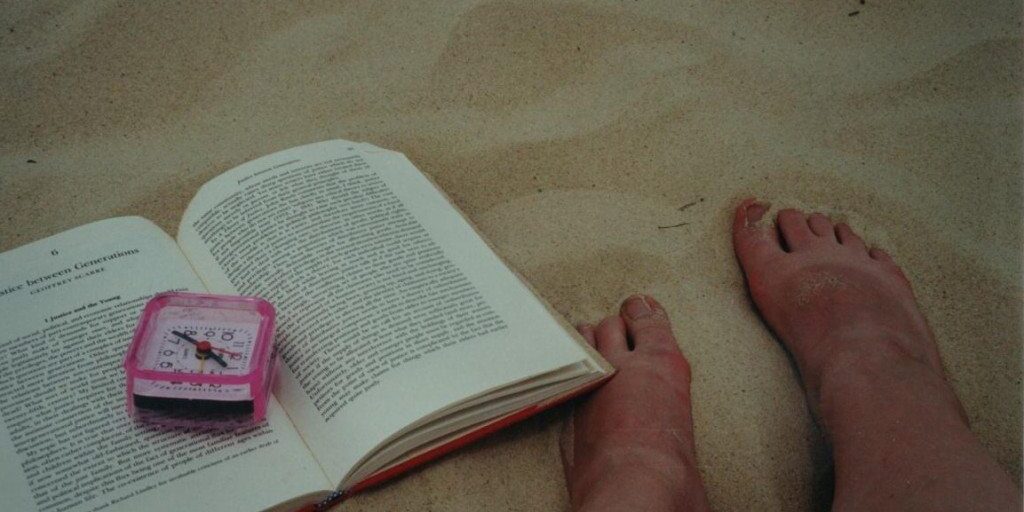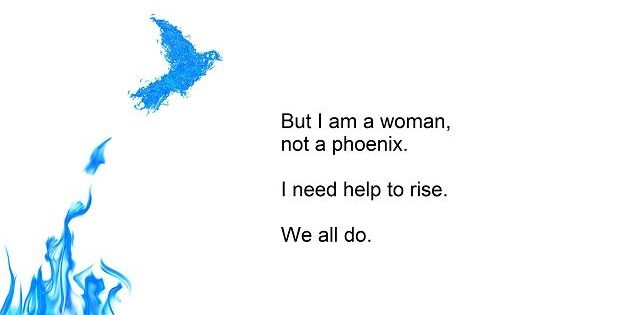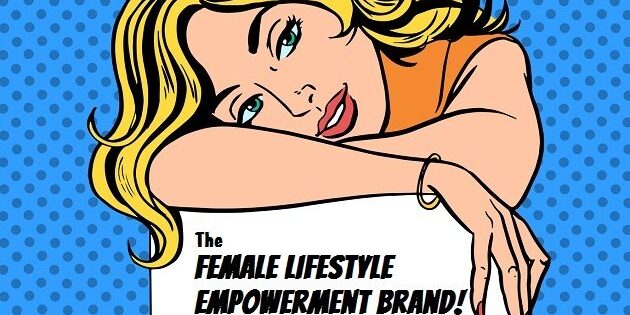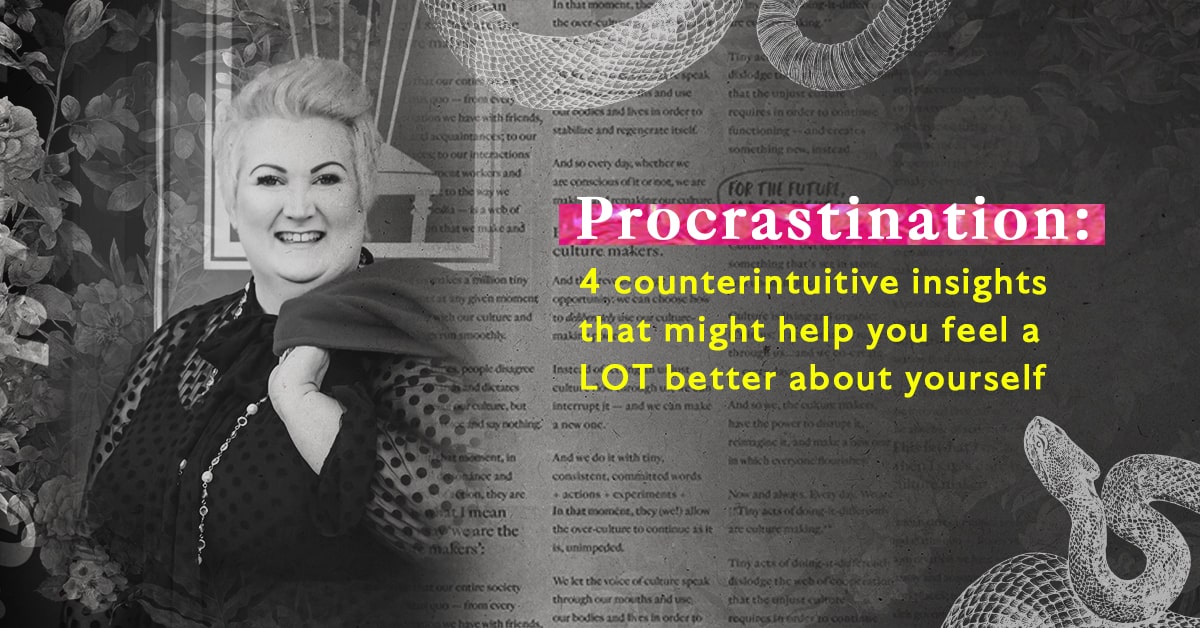
Procrastination: 4 counterintuitive insights that might help you feel a LOT better about yourself
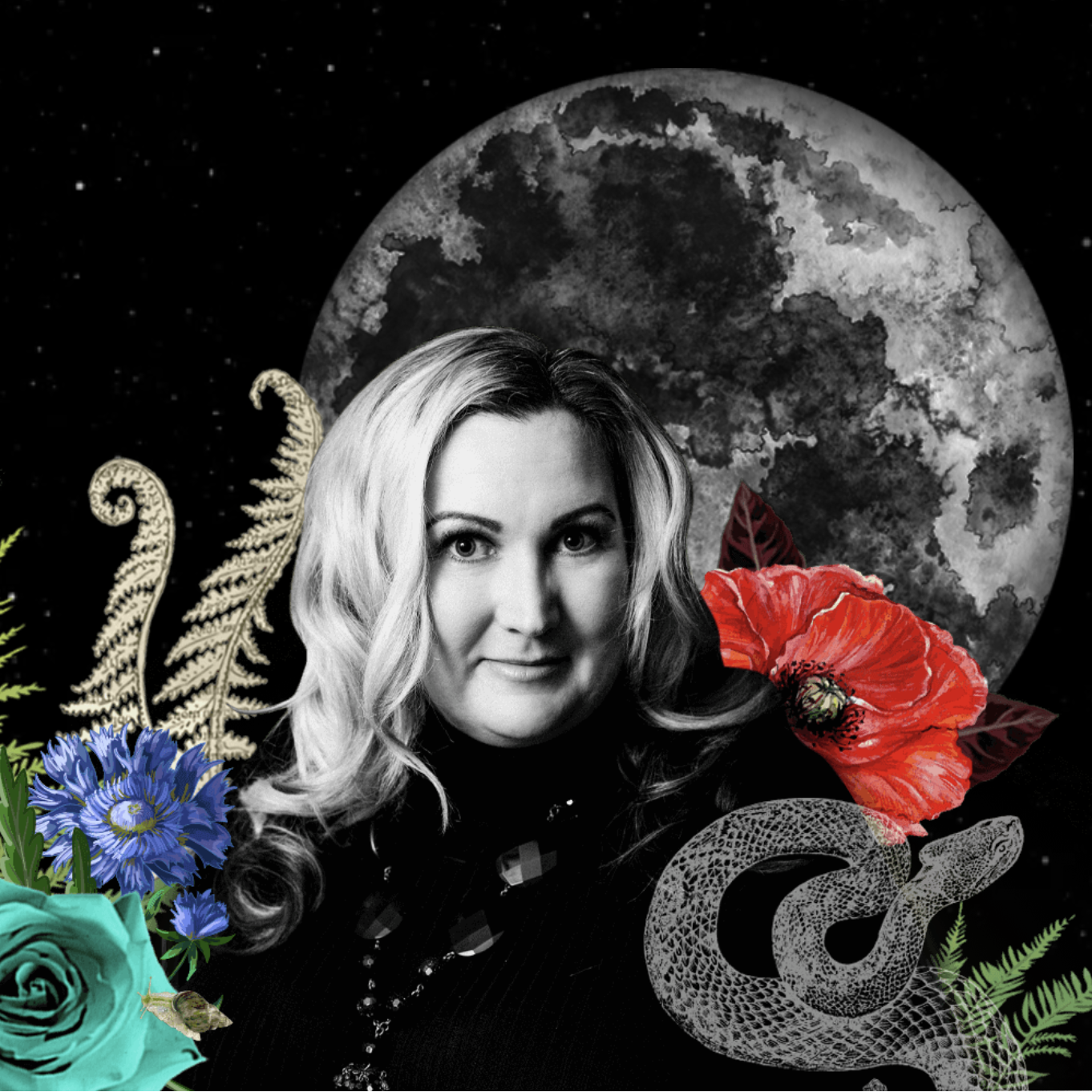
welcome to your Sunday Love Letter by Kelly Diels. I send these every Sunday by email and publish a few of them here, on my website. If you’d like to get ALL of these doses of radical encouragement, you can subscribe, here.
I recently returned from a week in Puerto Vallarta. Omg, what a delight. I went on adventures! I got dirty! I rested! SALT WATER.
At dinner one night, a table of lesbians from Mexico City mistook me for singer Beth Anne Sacks, who sings at lots of LGBTQ events and clubs. Even though I wasn’t Sacks, they decided they loved me anyway. For the rest of the week, whenever they saw me, they loved me up and asked me to pose with them in photos. (Hi Diana!) It was so sweet and delightful. (I DM’d Beth Anne Sacks, who was also delighted about it, too.)
Don’t know Beth Anne Sacks? I bet you’ve heard this fabulous song.
In addition to all the adventures, I read ALL.THE.BOOKS.
- I read against my preferences (aka I was doing oppositional research) and imbibed a whole bunch of mainstream leadership books authored by The Masters of The Universe. Yes, I am happy to receive your condolences. It was perversely informative; I took LOTS of notes. There’s always jewels in the compost, if you’re not afraid to dig. (It helps to do it ocean-side, so there’s lots of salt water nearby for ritual cleansings.)
- I read a book called Anti-Social by New Yorker writer Andrew Marantz, who can write his ass off. It was a great book but a dispiriting read, to say the least. Still, it helped me understand our current political climate and the internet forces of disinformation. Then I did more oppositional research on trolls, MRAs, and fascists. My therapist deeply regrets that recent rabbit-hole.
- As a palate cleanser, I read Blueprint for Revolution by Srja Popovic and it is SOOOOOOO good. It’s literally about how to overthrow dictators — Popovic was a student activist who was part a movement that took down war criminal/dictator Slobodan Milosivic. Now he trains activists from other countries to do the same thing. So entertaining and wildly pragmatic — I got a lot out of this book that I can apply to culture-making, marketing and business development. 100000000% recommend.
Can someone put this in the hands of Democrat strategists in the US? It might help them craft a message that could help them win the 2020 election. (Popovic points out that taking down a fascist so you can rebuild democracy means having a message like “He’s finished” and pointing then entire campaign at mocking and removing him.)
- I read biographies and memoirs and collections of correspondence about culture makers like Zora Neale Hurston, Langston Hughes, Gloria Steinem, Audre Lorde, Betty Friedan, Bella Abzug, Lucy Stone, Susan B. Anthony, and Elizabeth Cady-Stanton — and the ways that they fell out and went on to trash each other and sabotage each other. There were both positives and negatives, here. Many lessons to be learned.
Like this: sometimes you do have to part ways with a former friend, colleague, mentor, or mentee — but what’s so interesting about this is that often the person in the moral right is the one who takes the hardest public hit, because they hold back and won’t use the dirty tactics the other, less-ethical person uses. [ask me how I know this, personally] In a way, personal malice and reputational assassination in progressive communities gets rewarded by us (we’re the audience for it!!!) as well as in the wider public and mainstream media — which is also exactly what current internet political bad actors like M!ke C3rnov!ch and his ilk (I spelled his name like that to avoid his Google Alerts alerting to him to my existence) leverage to disrupt democracy and grow their own noxious, destructive power. And when we’re using the same media tactics as wannabe fascists…we’re in trouble.
- I read a few more books by bell hooks. There are a lot to choose from; talk about A Body of Work. Also: Feminist theory helps you think systematically and holistically about the world. (I’m always so surprised that people who do ‘holistic’ coaching/teaching don’t read more feminist or political theory, because if you like holistic, and accounting for all the factors impacting your clients…Feminist Theory is all-caps HOLISTIC. And bell hooks is wildly accessible and readable.)
Anyway. Because of the rest and the joy and the reading, I am in a creative slipstream. I’m working on a substantive edit of my 70,000 words of my draft book, We Are The Culture Makers and feeling GREAT about it. I see it in a whole new way. Before, I thought it was a handbook for feminist women who want to change the world; now I see it is also for parents who want to raise free children + culture makers; and even for our workplaces. 95% of us spend most of our week at corporate jobs so I want us to have the knowledge to reshape those cultures, too — so that we can flourish everywhere we are.
I also have the spine of my second book, about power + power struggles in change-making coalitions + communities — the positives and the negatives…and how to capitalize on our strengths (critique can create self-awareness and reflexiveness that improves our theory and practice) without constantly committing what Susan Faludi calls “ritual matricides” and what the 2nd wave feminists called “trashings”. (bell hooks has grieved her experience being on the receiving end of this, too — in interviews, in Communion, and in Remembering Rapture.)
So much input. All the ideas. CREATIVE SLIPSTREAM. I sit down to write, pour out 3,000 words…and not an ounce of it is publishable or shareable. It hasn’t all cohered. It’s all ingredients, no cake. (You might have noticed I haven’t written a Sunday Love Letter or any published any Instagram posts for a couple weeks.)
Confession: My lack of coherent output did trigger some negative self-talk. Maybe it’s become a point of identity that I can always write…so then not being able to messes me up a little bit. Hence, the beginnings of some internal sh*t-talking. I have (mostly) interrupted my internal sh*t-talking and self-corrected. This is an essential culture-making/getting-free habit. bell hooks, paraphrasing Nathaniel Branden, says that radical self acceptance is refusing to be in an adversarial relationship with yourself. And if Dr. hooks says it…I’m going to do it.
Most of my negative self-talk was about procrastination. Any writer (except maybe bell hooks) is intimately acquainted with procrastination. Most creatives, entrepreneurs and HUMANS are, too.
So let’s consider procrastination:
- Here’s what I realized about my own creative process: it’s hard for me to output finished, publishable words when I’m still taking ideas and research in. (Like now, when I’m in the creative slipstream.) To output, I need to stop inputting. So during the input phase, I can make notes and pour out ideas, but it’s just not going to knit together…yet. That’s not procrastination! That’s just part of the creative process.
- I also need time to think, mull, and cook the idea. There’s an essential time-gap between inputting and outputting. You know when you make bread, you need to let the dough rest and rise? That. That’s what I need to do with my ideas. Let them rise and rest. When I was in university and got stuck on an essay, I would get in bed at night, think about what I needed to solve in my unfinished essay, and in the morning I would wake up with the sentence or paragraph or idea that made the link. (I still do that, especially if I’m on a deadline.) Rest and mulling and letting your subconscious mind connect-the-dots is an essential part of my creative process. Which is why, as Brigid Schulte points out, time is a feminist issue. Historically — and presently — only a select group of people have ever had the leisure time necessary to let the ideological dough rest and rise…which is one of the reasons our canons consist of the works of privileged white men. They often had the domestic, life-giving support they needed to free up time to mull and noodle and think. (Read Einstein’s letter to his wife, and rage.) Again: using time to let your ideas cohere isn’t procrastination. It’s part of the creative process. I find, for example, that if I start thinking about what I want to write in this Sunday Love Letter a week ahead of time, by the time I sit down to write it, the idea is cooked and ready. But if I sit down to a blank screen without that cooked idea…nothing. Time to incubate an idea is essential for output…and it’s not procrastination.
- Actual procrastination — as in, you have the idea fully cooked but do not want to sit your ass down and do it — might not always be a bad thing. Maybe procrastination is good information. In Antifragile, Nicholas Nassim Taleb talks about the value of procrastination for a writer: “If I defer writing a section, it must be eliminated. This is simple ethics: Why should I try to fool people by writing about a subject for which I feel no natural drive?” (emphasis mine). I’ve started using this as a point of discernment. Sometimes I’ll outline a book or an essay…and then do.not.want.to.write one chapter or section. Often it’s because I feel obliged to cover something rather than excited about to consider it. I feel like this section has to be there, because that’s where the public conversation is. But maybe my procrastination is instructive: maybe if I don’t want to write about it, maybe it’s not for me to write. Maybe it doesn’t really need to be written by me nor included in my essay/chapter/blog post/book. Maybe I need to reclaim and honour my no. (No maybe about it; #endrapeculture) So now, if I’m procrastinating hard on a topic and it’s not fear of going into hard places but simple nope-don’t-wanna-do-it, I delete that section or chapter or letter and move on to what does interest me and what I do want to write.
- Finally: sometimes there’s no advantage to being first, or early. Sometimes, especially in business, being later to the conversation or marketplace is valuable — and so sometimes procrastination can produce a creative or business advantage. Once upon a time, for example, my phone blew up because there was a brilliant article by Jia Tolentino in the NY Times critiquing the industry of female empowerment. It was really similar to the essays I’d been writing about The Female Lifestyle Empowerment Brand for six months. To be clear: although I read damn near everything she writes, Jia Tolentino doesn’t even know I exist. She’s wasn’t appropriating or thieving my ideas (even though some people suggested that to me). We are simply critical thinkers embedded in the same spaces, arriving at similar conclusions in parallel to each other. This happens. (So much feminist trashing would not be happening if we acknowledged this reality.) Still, I panicked. I thought: Jia Tolentino is going to get a book deal, which means I won’t! (Scarcity is mofo liar.) By the end of the day, I was on the phone with a Big Deal Book Agent in New York who represents lots of Big Thinkers. She liked my idea, said it was “a big, cultural idea” and that yes even though I was a newbie with a small audience, she could sell it (as long as I did Faludi-level research, no biggie). Here’s what else she said that was instructive: Tolentino’s NY Times essay just added a zero to my hypothetical advance. Book publishers like to know there’s a market for the book, and other people publishing on it already — in prestige media! — confirms the market and the saleability of the book. Adam Grant makes that point in his book Originals, too. There’s this huge narrative about being a ‘disrupter’ and how necessary it is to be first in the marketplace…and it’s often, just not true. Grant’s research shows that the later entrants in a market often end up being the giants. So if you’re worrying that other people are getting there first…maybe don’t. Maybe they’re not competitors but allies; maybe their glowing candles are not preventing your shine but helping to light and clear the way for all of us (you included!). There’s not only one business or one book allowed in any vertical. Ditto: womxn. The instinct that “There Can Only Be One” womxn leader/thinker/writer and therefore to rise we’ve got to trash her and take her down is pure patriarchal programming…and, research shows, perhaps not always an effective success strategy. (Except when it is, sigh.)
To sum up: What looks like procrastination might actually be a necessary part of the creative process…so go ahead and allow yourself a lil’ strategic procrastination so you can get there on your time, when your idea is cooked & ready and the world is ready for it.
And no more sh*t-talking yourself. We’re not here to fight ourselves. We’re here to fight injustice. Radical self acceptance is a culture-making practice.
love + justice
Kelly

Did you get some value out of this Sunday Love Letter? You can subscribe to receive them by email, here — and thank you!

